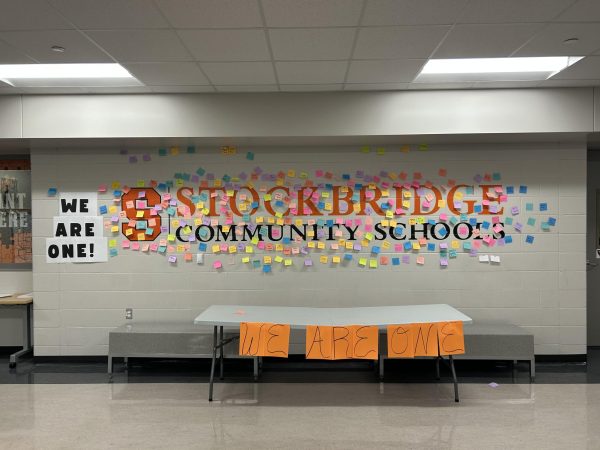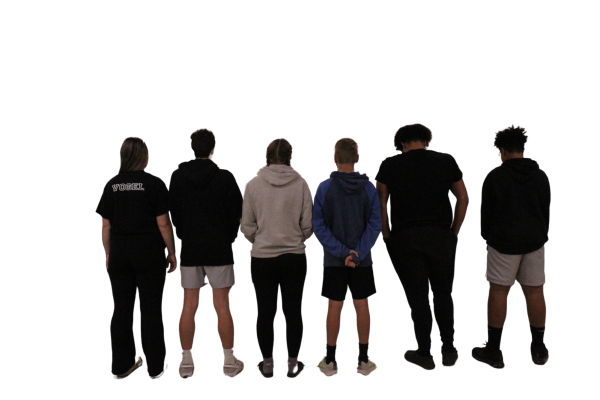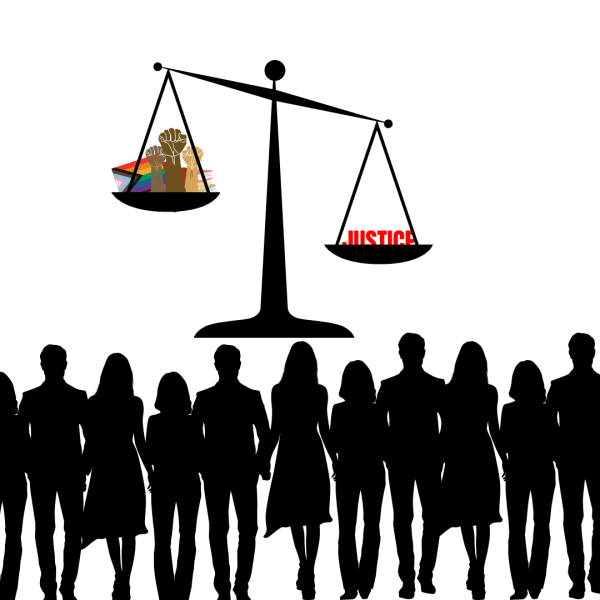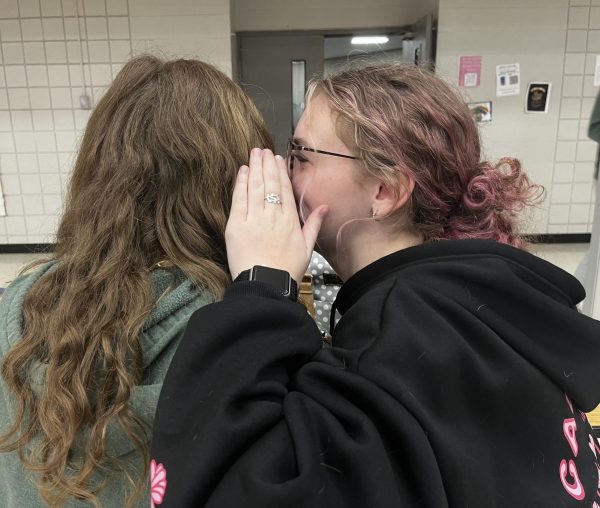Hashtag Cancel Culture Is Over Party
Rise of cancel culture on social media stunts personal growth
Every other week someone new is getting cancelled, right now it is Youtuber David Dobrik.
Before that it was James Charles, again.
If you scroll through many social media influencers, TikTok or Twitter comments, you are bound to find people cancelling them at some point.
So often, the cancel cycle starts with a tweet, allegation or video of an influencer using racial slurs from 3 plus years ago. Consequently, they get cancelled. It doesn’t matter if they have never done anything like that since. Their comments demand apologies—logically they do so—except it is never good enough.
There is a difference between cancelling someone and holding them accountable for their actions. These influencers and celebrities will never grow if they get cancelled.
In 2011 and 2012, youtuber Jenna Marbles uploaded videos to her channel that involved blackface and racial epithets aimed towards Asians. These actions are common themes in those getting cancelled as they are hurtful and derogatory. Eight years later she started getting cancelled for it, despite the fact that she has not uploaded that type of content since. This backlash resulted in a video upload that included an apology for her actions and an announcement of her departure from social media.
Bryce Hall is a Tik Tok influencer with a follower count of 19.4 million. Yet, he has been cancelled numerous times for a long list of actions, with the most common one being him throwing large parties in the middle of a pandemic. Despite apologizing and claiming to learn from his mistakes he continues to repeat the same problematic actions.
The issue with the logic of cancel culture is that there is no room for influencers to grow. Hall was cancelled yet still had and has a massive platform. He suffered no real consequences. His comment section was filled with comments calling him out, which still makes him money.
Calling out and cancelling stars for actions they made years ago is pointless unless they are still continuing those actions.
As people age, they mature. Looking back on past actions from when they were younger brings a feeling of embarrassment or shame. The difference is that the average person doesn’t have millions of people constantly bringing those moments up.
In social media, any attention is good attention, calling people out still gives them attention. Instead of constantly visiting influencers’ profiles, take their platform away, which in turn takes their income away. If they are still making money despite being cancelled what good is that doing?
Cancel culture is quick to jump to conclusions instead of trying to actually hear out the person being accused. Those who have large platforms still need to be held accountable without having their ability to learn and grow taken away.
Call them out, but don’t shut them out. Provide them with a consequence by taking their attention away.






